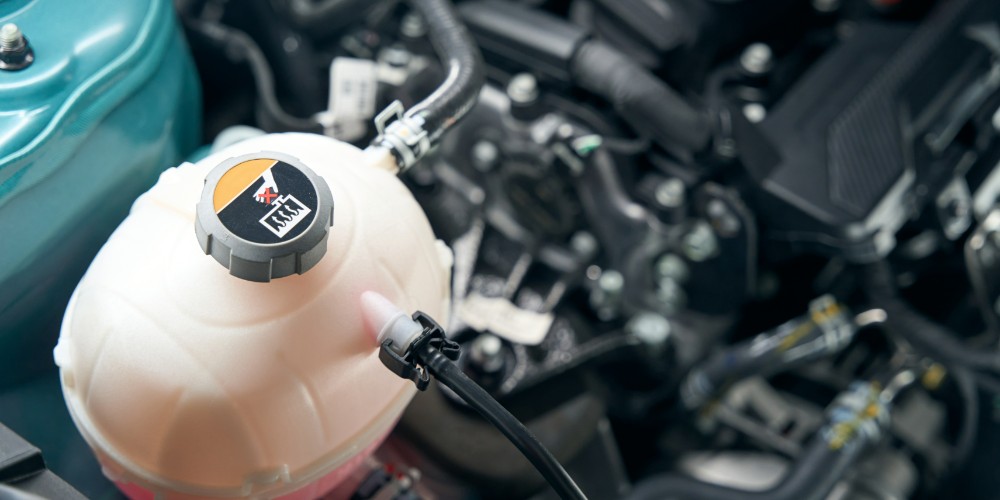Navigating the myriad of financing options available for large purchases can be a daunting task. Among these options, personal loans and hire purchase (HP) agreements stand out as popular choices. Each method offers its own set of advantages and disadvantages, tailored to different financial situations and purchasing needs.
What are personal loans?
A personal loan is a form of unsecured lending, meaning it does not require collateral. Banks, credit unions, and online lenders offer personal loans, which can be used for a wide range of purposes, including consolidating debt, financing a wedding, or making a significant purchase. Interest rates for personal loans are typically fixed, and the repayment period can range from one to seven years, depending on the lender and the borrower’s creditworthiness.
Pros of personal loans
- Flexibility and versatility: Personal loans provide the freedom to use the funds for almost any purpose, without restrictions imposed by the lender.
- Fixed interest rates: The interest rates on personal loans are usually fixed, making it easier to budget for consistent monthly payments.
- No collateral required: Being unsecured loans, personal loans don’t require you to put up any assets as collateral, which is beneficial if you do not own suitable assets or prefer not to risk them.
Cons of personal loans
- Higher interest rates for poor credit: Interest rates on personal loans can be higher for those with less-than-ideal credit histories, making it a more expensive option.
- Potential for higher monthly payments: Since personal loans often have shorter repayment periods than some other financing options, the monthly payments can be higher.
- Fees and charges: Some lenders may charge origination fees, late payment fees, or early repayment fees, which can add to the cost of the loan.

What is HP finance?
Hire purchase is a type of secured finance specifically designed for buying high-value items, like cars. With HP, you make an initial deposit, followed by monthly payments over an agreed period. Unlike personal loans, the loan is secured against the purchased item, which means you don’t officially own the item until the final payment is made.
Pros of HP finance
- Accessible to those with less-than-perfect credit: Since the finance is secured against the purchase, it’s often easier to obtain than an unsecured personal loan, even for those with a spottier credit history.
- Fixed interest rates: Like personal loans, HP agreements usually have fixed interest rates, offering predictability in your monthly payments.
- No large lump sum payment: HP agreements do not usually require a significant upfront payment (aside from the deposit), making high-value purchases more accessible.
Cons of HP finance
- Ownership at the end of the term: You do not own the item until all payments have been made, which can be a significant drawback for some.
- Potentially higher overall cost: Due to the way HP agreements are structured, you might end up paying more over the term than you would with a personal loan.
- Risk of repossession: Since the loan is secured against the purchase, failing to keep up with payments can result in the loss of the item.

Comparing the costs
When considering personal loans and HP finance, it’s crucial to calculate the total cost over the term of the agreement. This includes the APR (Annual Percentage Rate), any fees, and the total amount repayable.
A personal loan might offer a lower APR, but the shorter repayment period could result in higher monthly payments. Conversely, HP finance might have a higher APR but spread the cost over a longer period, resulting in lower monthly payments but a higher total cost.
The impact on your credit score
Both personal loans and HP finance can affect your credit score. Timely payments can help improve your credit score, while late or missed payments can have a negative impact. It’s essential to consider your ability to meet the payment obligations before entering into any finance agreement.
Which is right for you?
The decision between a personal loan and HP finance largely depends on your financial situation, your credit score, and what you’re looking to purchase. Personal loans offer more flexibility and can be cheaper in the long run, but require a good credit score to get the best rates. HP finance can be more accessible and spread the cost over time but means you don’t own the item until the final payment is made.
Situational considerations
- For those with excellent credit: A personal loan may offer a more cost-effective and flexible financing solution.
- For those making a vehicle purchase: HP finance can be a more straightforward option, especially if you prefer the security of knowing the finance is secured against the vehicle.
- For those seeking flexibility: If you’re looking to finance a purchase that doesn’t fit neatly into an HP agreement, a personal loan may provide the versatility you need.

Navigating the decision
Before making a decision, it’s advisable to:
- Check your credit score to understand which options might be available to you.
- Use online calculators to compare the total cost of a personal loan versus HP finance.
- Consider the flexibility you need and the length of time you’re willing to make payments.
An informed choice is the best choice
Choosing between a personal loan and HP finance requires careful consideration of your financial situation, the total cost of the loan, and your personal needs and preferences. By weighing the pros and cons of each option, you can make an informed decision that aligns with your financial goals.





